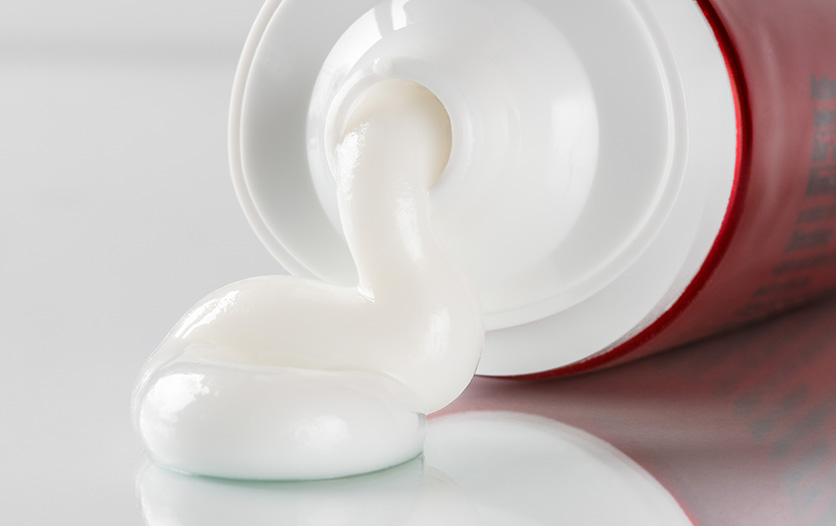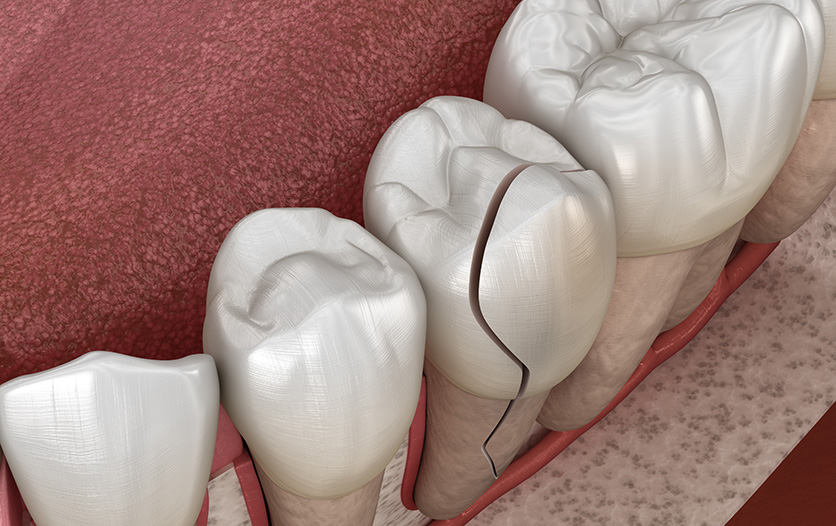
Why Are Fluoride Treatments So Good For Your Teeth?
Fluoride treatments are a common dental procedure that can help keep your teeth healthy and strong. Most of you are familiar with receiving this treatment during your regular dental checkup and seeing its benefits touted in commercials and on toothpaste packaging. Quick and painless, the treatment delivers a concentrated dose of fluoride to the tooth surface.
But you may not have given much thought to why it’s so good for your teeth. The fact is, though, this mineral is key to your dental health. Let us explain by answering a series of questions:
What is Fluoride?
Fluoride is a natural mineral that can be found in water, soil, and some foods. It has been proven to strengthen teeth and prevent tooth decay.
How Does It Work?
Fluoride works by strengthening the enamel, which is the outer layer of your teeth. When you eat and drink, bacteria in your mouth produce acids that can weaken the enamel and lead to tooth decay. Fluoride helps to remineralize this protective layer, making it more resistant to these acids.
Yes, But How Does it Really Work?
Are you ready for the full chemistry lesson behind this process?
Here it is:
- Tooth enamel is primarily composed of hydroxyapatite, a crystalline calcium phosphate material with the chemical formula Ca10(PO4)6(OH)2.
- Over time, exposure to acids from food and bacteria can lead to demineralization, where the hydroxyapatite crystals break down and release calcium and phosphate ions, which weakens the enamel and creates an environment for cavities to form.
- Fluoride treatments work by providing a source of fluoride ions (F-) that can be incorporated into the tooth enamel. When fluoride ions come into contact with the tooth surface, they can react with the hydroxyapatite to form fluorapatite (Ca10(PO4)6F2).
- Fluorapatite is more resistant to acid attacks than hydroxyapatite, as it has a lower solubility in acidic environments. This increased resistance helps slow down the demineralization process, and even reverse it through remineralization.
- In addition to forming fluorapatite, fluoride can also inhibit bacterial activity in the mouth, reducing the production of acids that contribute to tooth decay.
Why are Fluoride Treatments Important?
Fluoride treatments are important for several reasons:
1. Preventing Tooth Decay
We already said this but it bears repeating: Fluoride treatments can help prevent tooth decay by strengthening the enamel and making it more resistant to the acids that can cause decay. This can help reduce the risk of cavities and other dental problems.
2. Reducing Sensitivity
They can also help reduce sensitivity in the teeth. If you have sensitive teeth, fluoride can help strengthen the enamel and reduce the sensitivity to hot or cold foods and drinks.
3. Protecting Dental Work
If you have dental work, such as fillings or crowns, exposing your teeth to fluoride can help protect them by strengthening the enamel around them. As a result, you can reduce the risk of needing additional dental work in the future.
4. Improving Oral Health
Good oral health brings benefits to your overall well-being. By reducing the risk of tooth decay and other dental problems, you can maintain a healthy and attractive smile for years to come.
How Often Should You Get Fluoride Treatments?
The frequency of fluoride treatments will depend on your individual needs and risk for tooth decay. In general, it is recommended that children receive fluoride treatments every six months to a year, while adults may only need treatments once a year or every other year. Your dentist can help you determine how often you should receive fluoride treatments based on your individual needs and oral health history.
Is It Safe?
Yes, fluoride treatments are safe when used as directed by your dentist. The amount of fluoride used in a treatment is very small and is not harmful to your health. However, it is important to avoid swallowing the fluoride during the treatment. If you have concerns about the safety of fluoride treatments, talk to us at Evers Dental.
Summing Up
Fluoride treatments are a safe and effective way to help prevent tooth decay and maintain good oral health. They work by strengthening the enamel and reducing the risk of cavities and other dental problems.
If you are due for a dental checkup, give us a call to schedule your appointment. Located in Sidney, Ohio, we are here to provide the best dental care available, whether you need a cleaning or comprehensive dental work. Contact us today.
Keep reading:
10 reasons you can get a toothache, and what to do about it
The pros and cons of permanent dentures
What you should know about tooth extraction cost




